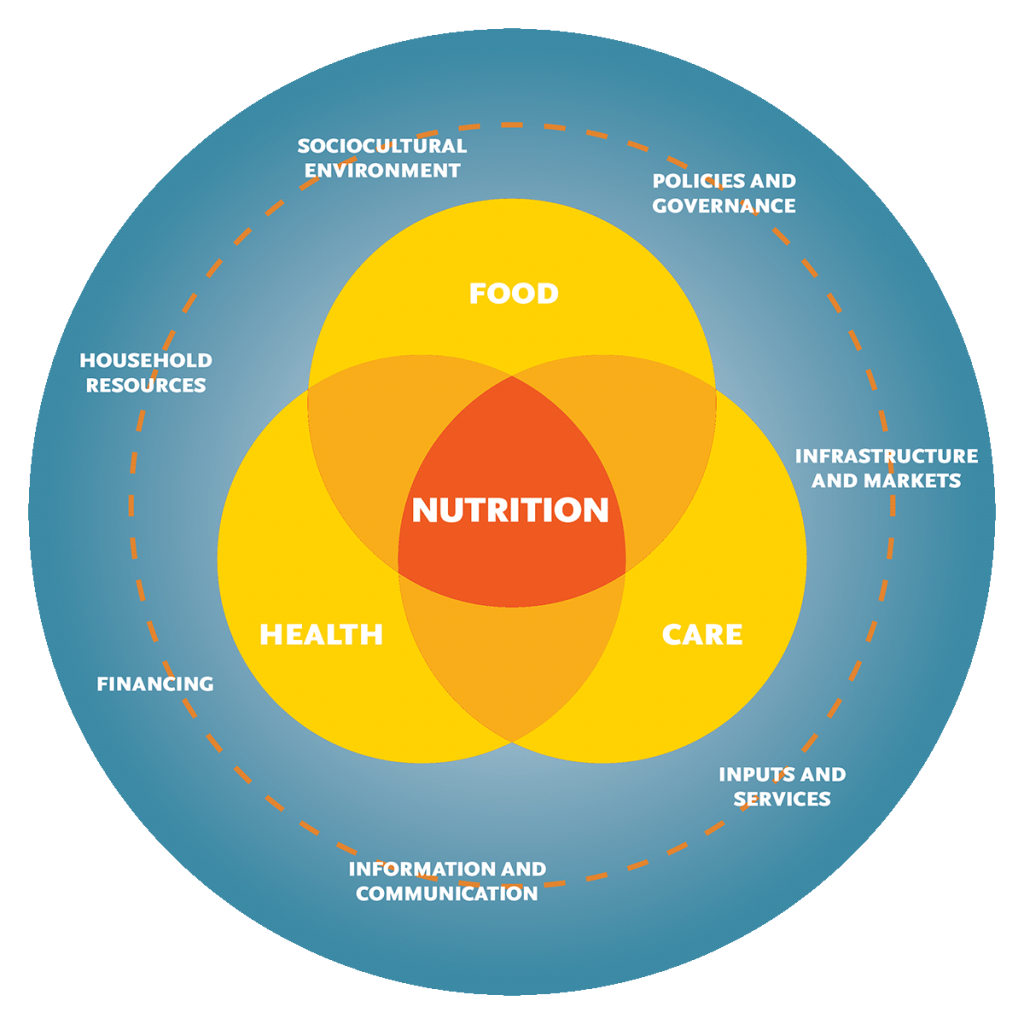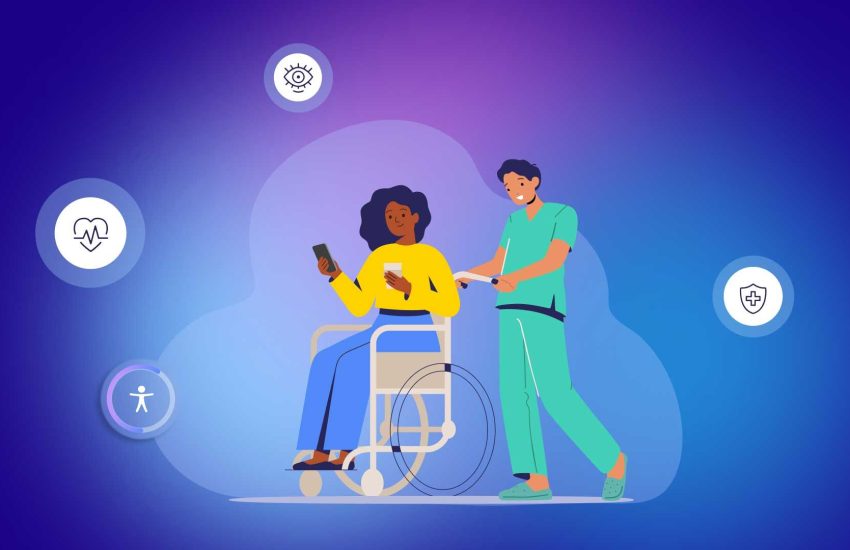How Nutrition Affects Social Well-being
In today’s fast-paced and technology-driven world, it can be easy to overlook the impact that nutrition has on our social well-being. However, the truth is that what we eat plays a significant role in how we feel and interact with others. This article will explore the connection between nutrition and social well-being and provide insights into how you can optimize your diet for better social connections.
The Link Between Nutrition and Mental Health
Research has shown that there is a clear link between nutrition and mental health. When we consume a diet rich in whole foods, such as fruits, vegetables, whole grains, and lean proteins, we are providing our bodies with the nutrients they need to function optimally. These nutrients are not only essential for physical health but also play a crucial role in maintaining a healthy brain and mood.
On the other hand, diets high in processed foods, sugar, and unhealthy fats have been linked to an increased risk of depression, anxiety, and other mental health conditions. When we eat poorly, our brains do not receive the necessary nutrients to produce neurotransmitters like serotonin and dopamine, which are essential for regulating mood and emotions.
The Social Benefits of a Healthy Diet
One of the less talked-about benefits of eating a healthy diet is its impact on our social well-being. When we prioritize nutritious foods, we are not only taking care of our bodies but also improving our social interactions. Here are some ways in which nutrition can enhance our social lives:
Increased Energy Levels
Consuming a diet rich in vitamins, minerals, and antioxidants can help boost our energy levels and improve our overall well-being. When we feel energized and vibrant, we are more likely to engage in social activities and connect with others. In contrast, a diet high in processed foods and sugar can lead to energy crashes and feelings of fatigue, making it challenging to socialize.
Improved Mood and Emotional Well-being
As mentioned earlier, nutrition plays a crucial role in regulating mood and emotions. By fueling our bodies with the right nutrients, we can better manage stress, anxiety, and depression, which can have a significant impact on our social interactions. When we feel good mentally, we are more likely to engage in social activities and cultivate meaningful relationships with others.
Enhanced Cognitive Function
A healthy diet is not only beneficial for our physical health but also for our cognitive function. Eating nutrient-dense foods can improve our memory, focus, and concentration, all of which are essential for effective communication and social interactions. When our brains are functioning at their best, we are better equipped to engage with others and navigate social situations with ease.
Practical Tips for Optimizing Your Diet
If you want to enhance your social well-being through nutrition, consider implementing the following tips into your diet:
Focus on Whole Foods
Opt for a diet rich in whole foods, such as fruits, vegetables, whole grains, lean proteins, and healthy fats. These foods are packed with essential nutrients that support both physical and mental health, setting the foundation for positive social interactions.
Limit Processed Foods
Avoid or limit the consumption of processed foods, sugar, and unhealthy fats, as these can disrupt your mood, energy levels, and cognitive function. Opt for homemade meals and snacks made with real ingredients to nourish your body and mind.
Stay Hydrated
Drink plenty of water throughout the day to stay hydrated and support optimal brain function. Dehydration can lead to fatigue, headaches, and poor concentration, all of which can hinder your social interactions.
Conclusion
As you can see, nutrition plays a vital role in our social well-being. By prioritizing a diet rich in whole foods, you can enhance your energy levels, mood, and cognitive function, all of which contribute to positive social interactions. Remember that what you eat not only affects your physical health but also your mental and emotional well-being. Take care of your body and mind, and watch as your social connections flourish.


